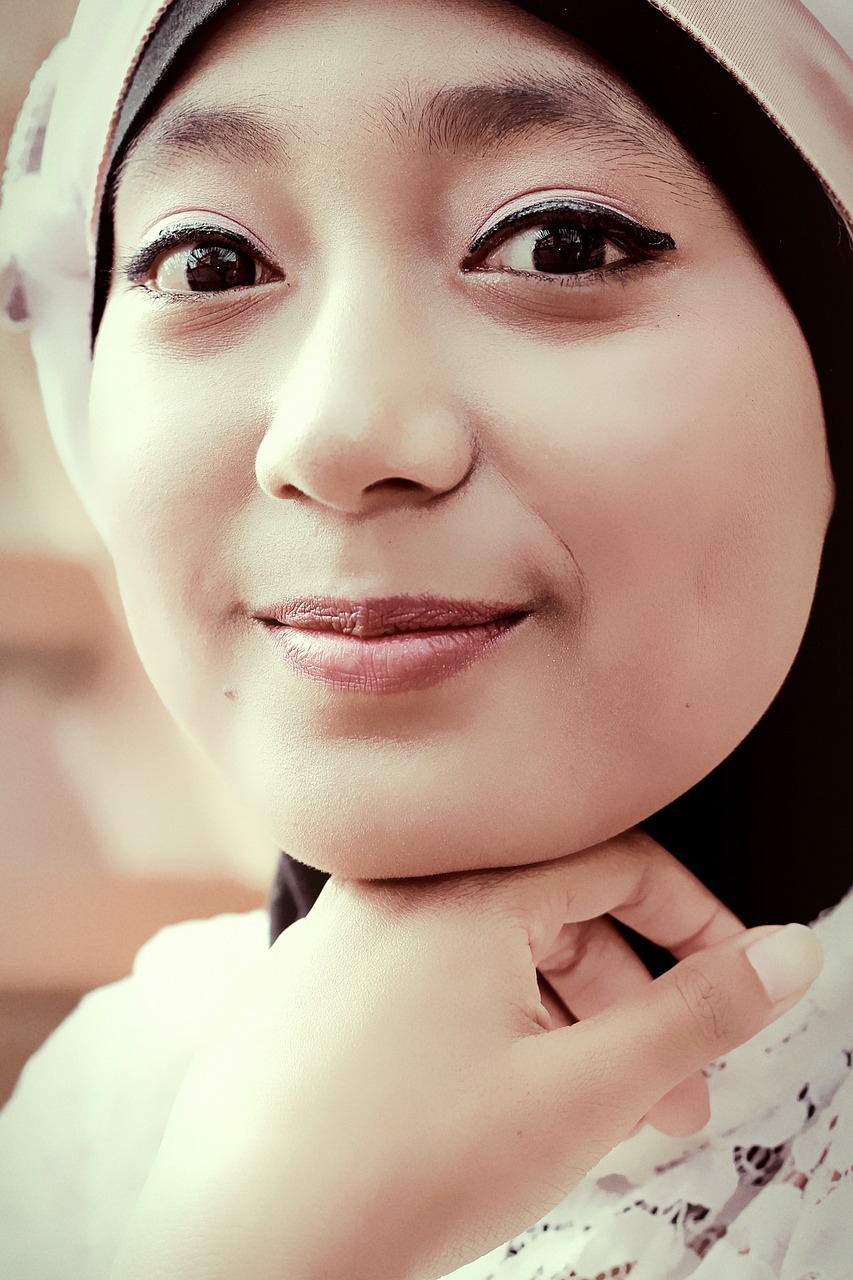While we’re addicted to oil, governments will put petroleum before feminism:
“It’s the smell I remember. Shahnaz’s face – what was left of it – reeked of a day-old barbecue, left out in the rain. Her flesh was a mess of charred meat: her skin, the soft flesh of her cheeks, and the bones beneath had been burned away. Her nose was gone. Her lips hung down over her chin like melted wax. Her left eyelid couldn’t close, so it watered all the time in an endless stream of tears.
Shahnaz – who was 21 years old – had been punished by having acid thrown in her face. Her crime was to be a Muslim woman who wanted to be treated as equal to a man. Shahnaz loved education – especially science and poetry. But when she got married – at the insistence of her family – her husband ordered her to stop schooling and start breeding. “You are a woman, that is your only job,” he said.
But she refused. She wanted to work for herself and enrich her mind. So she kept going to school, despite his beatings, ragings and threats. So one day her husband and his brothers carefully gathered up battery acid, pinned her down and hurled it into her face. She ended up in the Acid Survivors’ Foundation in Dhaka, Bangladesh, where I saw her earlier this year,” Johann Hari writes.
In Bangladesh, acid attacks on “uppity” women are an epidemic, peaking in 2002 with more than 500 women having their faces burned off. Fewer than 10 per cent of the attackers are ever convicted because juries and judges say the women bring it on themselves by wearing “revealing” clothes, or refusing to obey men.
Munira Rahman, the director of the foundation, explains: “From the late 1980s women were increasingly getting jobs in Bangladesh. Women were suddenly more independent and they could start to turn down marriage proposals and choose for themselves. This is the backlash from men who see women as property.”
Hari says this is just one tactic in a global war to keep Muslim women at heel. In Saudi Arabia, women are kept under house arrest and banned from driving or showing their faces in public. In Afghanistan, the Taliban massacre teachers who dare to educate girls. In Iran, women are stoned to death for adultery. In Somalia, women’s vaginas are butchered, with the clitoris cut out and the remains crudely stitched up. These are not freak exceptions: they are often state policy.
Full text article continues here. (Some news sites may require registration)






